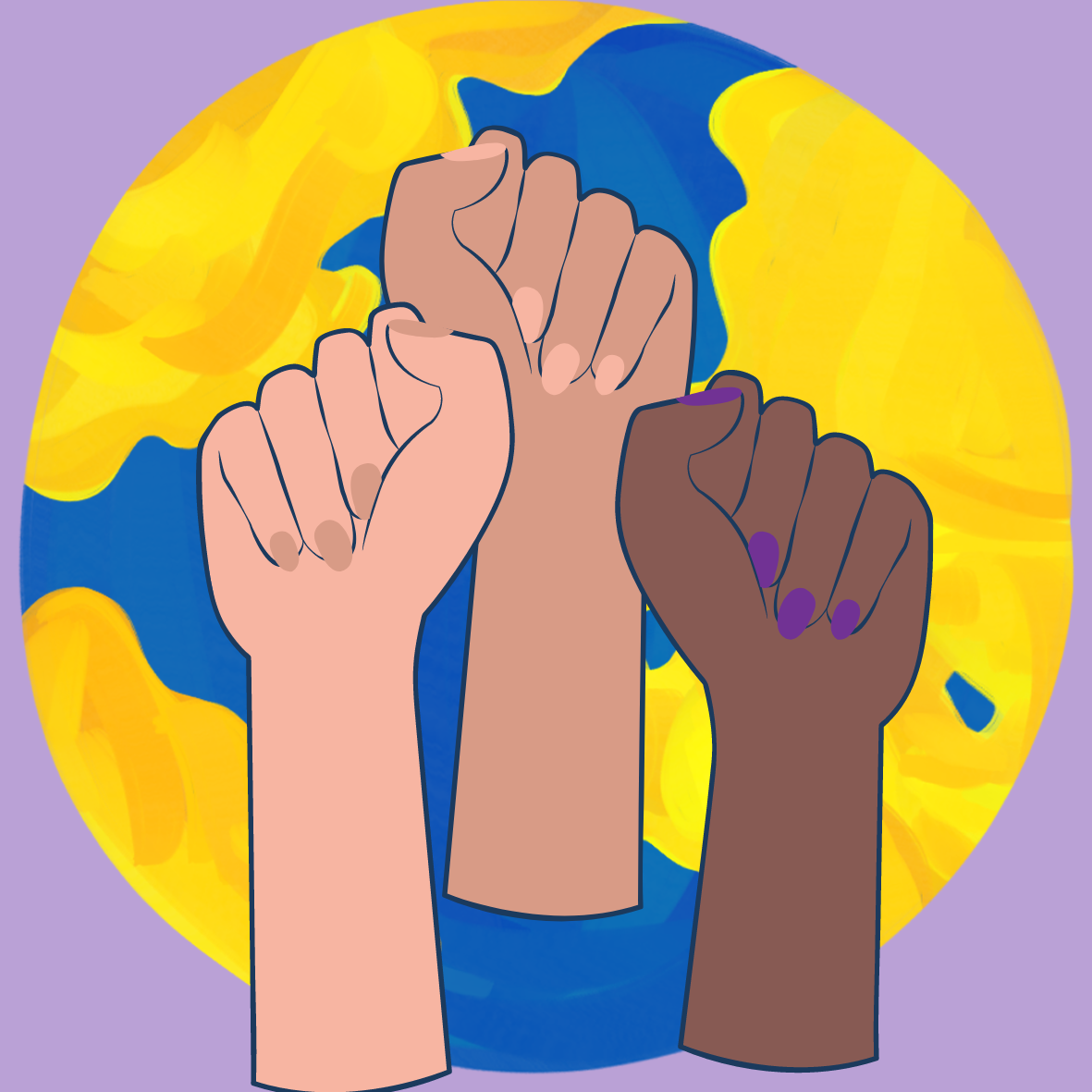Results
Executive Summary
Women’s prison and reentry programming are focused primarily on reducing recidivism but neglect how an individual’s intersecting identities influence their risk of violence, and ways that histories of gender-based violence (GBV) must be addressed for these women to recover from traumas. Light To Life (LTL) and From Prison Cells to PhD (P2P) Womxn’s Cohort program recognize this need; providing national gender-responsive programming (GRP) and trauma-informed programming to justice-impacted survivors through digital resources, leadership opportunities, educational workshops and healing justice approaches for positive health outcomes. A comparative evaluation study was conducted among int intimate-partner violence (IPV) survivors with histories of incarceration who have or have not participated in the cohort. This collaborative applied a rigorous methodology of 37 semi-structured interviews with an intervention and control group to evaluate the impact of LTL’s programming in the P2P Womxn’s Cohort. Primary outcomes include participants' level of engagement and satisfaction with virtual programming, reduction in attitudes that accept violence in relationships, and increase in interpersonal and intrapersonal skills that lead to healthy relationships. The results showed the following within our intervention group: women participants craved connection, increase in their socio-emotional skills and overall program satisfaction. Women participants within both the intervention and control group shared the lack of gender-responsive programming they received on during incarceration and the types of reentry and support services that they needed or supported them upon their reentry journey. Finally, the control group shared opportunities to improve the program logistics. The results suggest improving programming for formerly and currently incarcerated women through digital distribution, reductions in incidences of intimate partner violence and recidivism, which in turn will reduce the negative health outcomes associated with these experiences. This qualitative study will provide formative data for policy recommendations and a framework of best practices for gender-responsive programming for justice-impacted survivors of gender-based violence.
Click on the Cover Below to View the Full Report!


